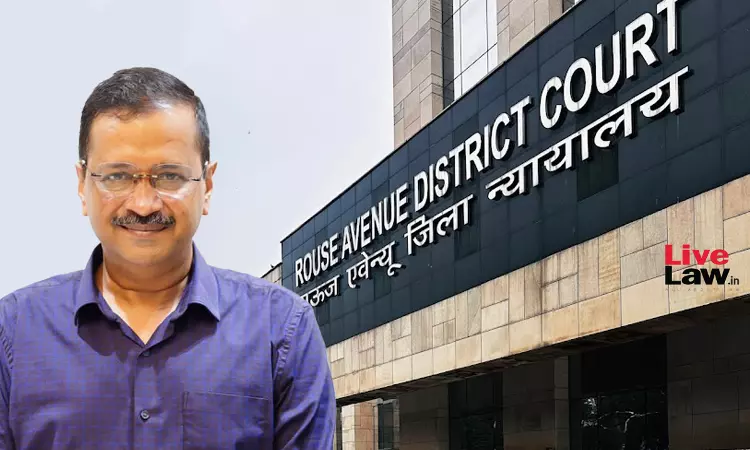Delhi Court Remands Chief Minister Arvind Kejriwal To ED Custody In Liquor Policy Case Till March 28
Nupur Thapliyal
22 March 2024 8:29 PM IST

Next Story
22 March 2024 8:29 PM IST
A Delhi Court on Friday remanded Chief Minister Arvind Kejriwal to six days of Enforcement Directorate (ED) custody in the money laundering case related to the alleged liquor policy scam case till March 28.Special CBI judge Kaveri Baweja of the Rouse Avenue Courts passed the order after Kejriwal was produced today following his arrest last night by the central probe agency, hours after a...
